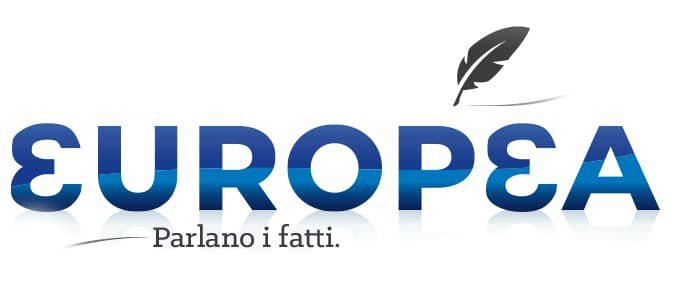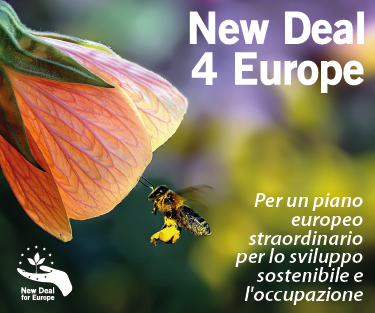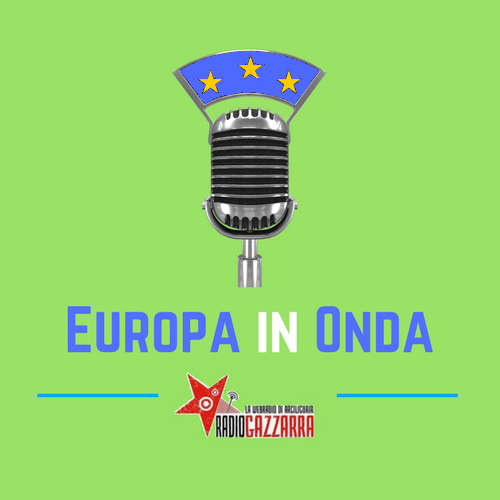Abstract
Today, the role of NATO in the international system is unclear. The suggestion is that NATO should be enlarged to include Russia, and be reformed to become an "Equal Partnership" association. Europe has the key to end the USA-Russia conflict, to bring peace in the Mediterranean region and to further a radical reform of the UN.
---
NATO was established at the beginning of the Cold War as a defensive alliance to protect Europe against the USSR. It is an asymmetrical alliance, because the USA holds the leadership, directs it and covers almost all of the costs. Yet since the Cold War ended, NATO's mission has become ambiguous, and at times even counterproductive. During negotiations for the reunification of Germany, President Bush (senior) and his European allies promised Gorbachev that NATO would not be extended to the East. This promise was soon forgotten when Eastern European countries requested the military protection of NATO.
The causes of the Ukraine crisis can be sought in these events. For the countries of Eastern Europe, the EU is little more than an economic sub-alliance within NATO, reinforcing the illusion that Ukraine could join both organisations. This illusion was firmly rejected by President Obama in a recent interview ('The Obama Doctrine,' The Atlantic, April 2016). “Ukraine is a core Russian interest but not an American one. The fact is – Obama says – that Ukraine, which is a non-NATO country, is going to be vulnerable to military domination by Russia no matter what we do.” Obama rightly defends US interests, not those of the EU. Moreover, when it comes to European security efforts, Obama added that the EU countries are "free riders," not assuming the responsibility for and the costs of their security. The catastrophic consequences of European bombing in Libya, and the EU's current inability to handle security problems in the Mediterranean area - immigration and the war on terror and ISIS – undeniably proves that European countries are "free-riders."
In 1962 President Kennedy envisaged the asymmetrical alliance of NATO being converted into an "Equal Partnership": is this possible? If we consider the lamentable examples of disunity that the member states of an increasingly evanescent European Union have provided during the financial crisis and the current refugee emergency, or in terms of their response to security threats and terrorism, the answer would be a resounding no. Yet those who fight for the political unification of Europe cannot abandon the hope of there being someone among the European political class, the European Parliament, the Commission, or in the various governments, with the courage to prioritise European issues over and above petty national interests. For this reason, we would like to propose a foreign policy approach that could change radically Europe's position in the world, allowing it to play an active role alongside those who – on other continents, the US in particular – wish to build a more just, peaceful international order for the future.
It is a simple proposal: Europe, both East and West, is a key continent for global security and peace. By expanding eastwards, the Union has also consolidated the process of democratisation in those countries; a process that is now being challenged by Hungary and Poland, precisely because EU leaders have failed to continue on the path of an "ever closer union." Nevertheless, Europeans hold the key to ensuring greater security for themselves and the rest of the world, as long as they understand that the essential task of diplomacy is to turn enemies into friends.
To guarantee security, the EU needs to have its own independent military force, of moderate military power, to act as a rapid reaction force at the disposal of a European government accountable to the European Parliament. Yet security depends on more than just military force. Bold initiatives are needed to move beyond impasses that stand in the way of full international cooperation among major powers, in Europe and the rest of the world. One of these is certainly the discord between the US and Russia. In our view the EU should consider, and relaunch, the proposal NATO made to Russia in 1991, and then again in 1994: i.e. a partnership agreement for peace and cooperation, which was unilaterally suspended in 2014. This proposal needs to be resurrected, with a plan for Russia's full participation in NATO (and obviously that of Ukraine too), to put an end once and for all to a military conflict that, since the fall of the Berlin Wall, has no reason to exist in relations between European peoples.
It is no simple task, because past animosities are not likely to recede easily. In addition, the primacy of the United States must cease: NATO must become a partnership of equals, something that will have significant positive consequences. The end of US-Russia tensions in Europe is of strategic importance for the Mediterranean, the Middle East and Asia (the Caucasus, Afghanistan). Think of Turkey-Russia relations and the recent crisis in Syria, where only cooperation between the US and Russia succeeded in imposing a truce between the forces in the field. The pacification of the entire Middle Eastern area would undoubtedly have beneficial effects on the Israeli-Palestinian conflict too.
An initiative of this magnitude would have major global repercussions. A renewed and more extensive NATO (from Vladivostok to Vancouver) could be seen as a threat to other countries, such as China, India, Iran, Saudi Arabia, etc. Serious guarantees must therefore be given that enlargement is only pursued for peacemaking aims in Europe. A long-overdue, drastic reform of the Security Council will therefore be necessary, to include other states and provide assurance that the renewed NATO will never act outside of its territory without the authorisation of the Security Council. This will accomplish, albeit in slightly different terms, the wise proposal made by Boutros Boutros-Ghali in An Agenda for Peace (1992) which proposed a permanent military force available to the UN for emergency use. If the members of the Security Council agree a broad consensus that military intervention is necessary, for example in the context of "Responsibility to Protect" strategy – i.e. to safeguard human rights in a community threatened by genocide or international terrorism – the UN would have sufficient military force to intimidate and dissuade even the most ferocious dictator.
Now, as was the case at the beginning of the European integration process, security and peace in Europe are inextricably bound up with the more general issue of world peace. Will we finally see an ambitious European leader ready to become a world leader?














 Europa in Movimento | Developed by
Europa in Movimento | Developed by